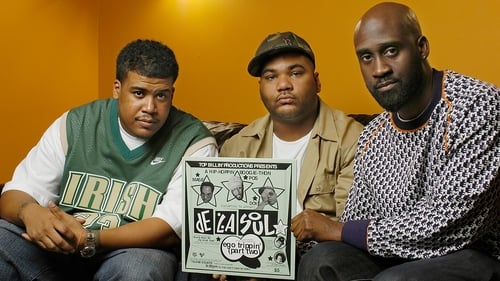Kembrew McLeod
History
From Wikipedia, the free encyclopedia.
Kembrew McLeod is an American journalist, artist, activist, and professor of Communication Studies at the University of Iowa.
He is best known as a performance artist or "media prankster" who filed an application in 1997 to register the phrase "Freedom of Expression" as a trademark in the United States. This phrase was the name of his zine/artist book series, and on January 6, 1998 McLeod was granted registration no. 2127381 in Class 16 (for "booklets in the field of creative writing").
McLeod received his PhD from University of Massachusetts-Amherst, an MA from the University of Virginia, and a BS from James Madison University.
Description above from the Wikipedia article Kembrew McLeod, licensed under CC-BY-SA, full list of contributors on Wikipedia.

